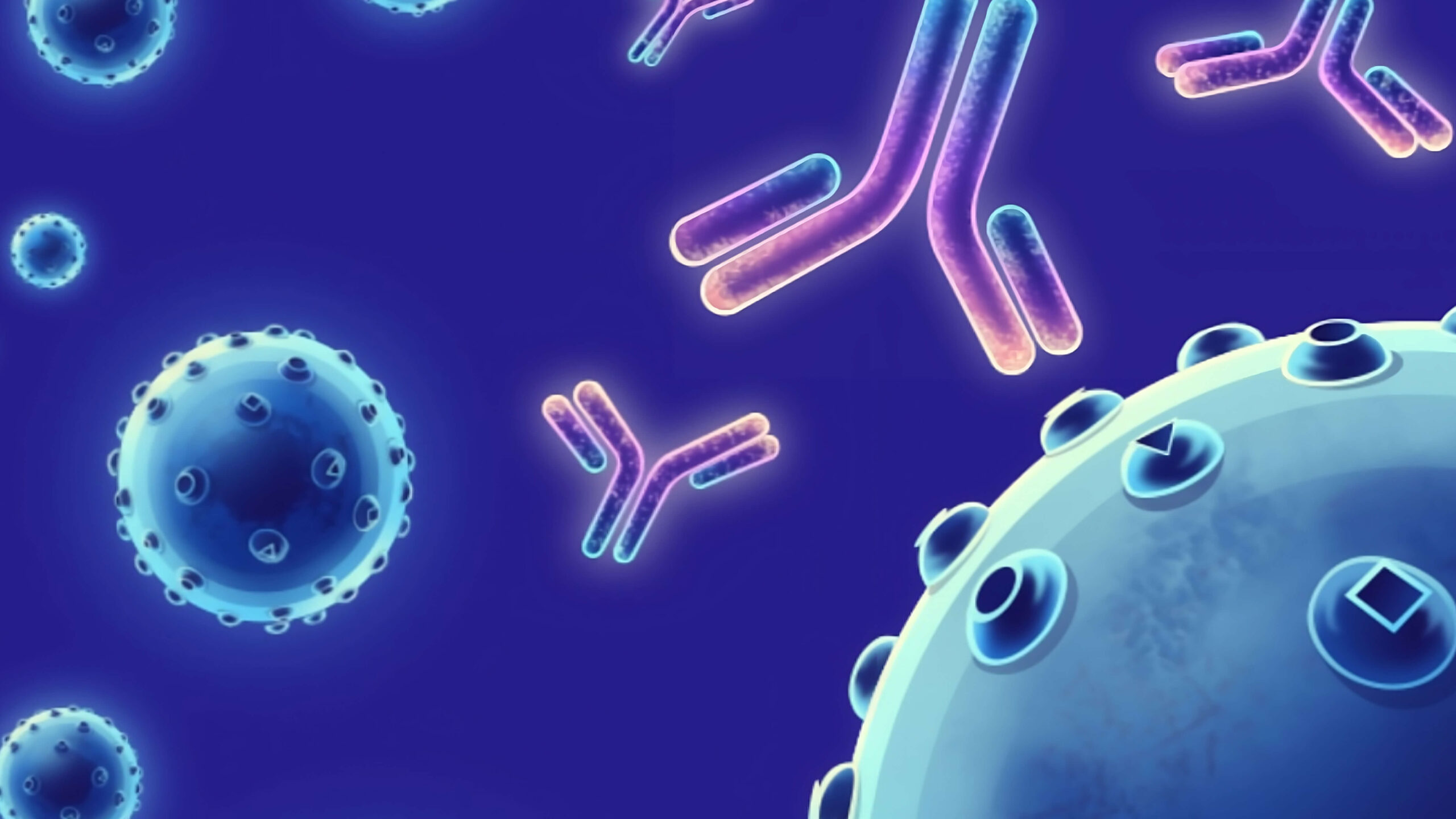Description
anti-SARS-CoV-2 N Protein, mAb (rec.) (Capsi-1) recombinant antibody is an antibody developed by antibody phage display technology using a human naive antibody gene library. Recognizes and binds to recombinant SARS-CoV-2 N protein. Application: ELISA. Liquid, in PBS (pH7.4). Coronaviruses (CoVs) are enveloped non-segmented positive-sense single-stranded RNA viruses and can infect respiratory, gastrointestinal, hepatic and central nervous system of human and many other wild animals. Recently, a new severe acute respiratory syndrome beta-coronavirus called SARS-CoV-2 (or 2019-nCoV) has emerged, which causes an epidemic of acute respiratory syndrome (called coronavirus human disease 2019 or COVID-19). SARS-CoV-2 shares 79.5% sequence identity with SARS-CoV and is 96.2% identical at the genome level to the bat coronavirus BatCoV RaTG133, suggesting it had originated in bats. SARS-CoV-2 contains 4 structural proteins, including Envelope (E), Membrane (M), Nucleocapsid (N) and Spike (S), which is a transmembrane protein, composed of two subunits S1 and S2. The S1 subunit contains a receptor binding domain (RBD), which binds to the cell surface receptor Angiotensin-Converting Enzyme 2 (ACE2) present at the surface of epithelial cells, causing mainly infection of human respiratory cells. The N protein contains two domains, both of them bind the virus RNA genome via different mechanisms.
Target
SARS-CoV-2 N protein
Target Alias Names
SARS-CoV-2 Nucleocapsid Protein, 2019-nCoV N Protein
Isotype/Mimetic
Human IgG1
Animal-Derived Biomaterials Used
None
Sequence Available
Yes
Original Discovery Method
Human-derived phage display
Original Discovery Information Provided On Datasheet
Yes
Antibody/Binder Origins
Animal-free discovery, In vitro recombinant expression

